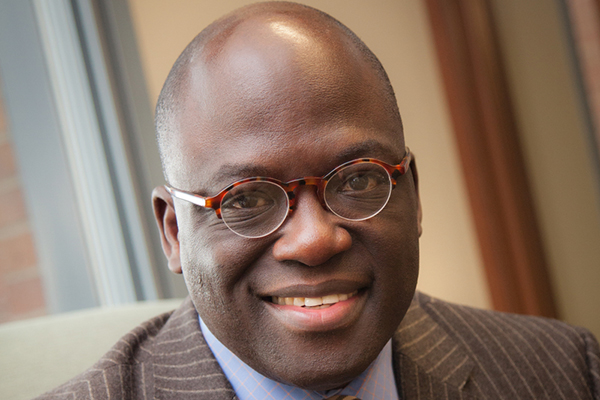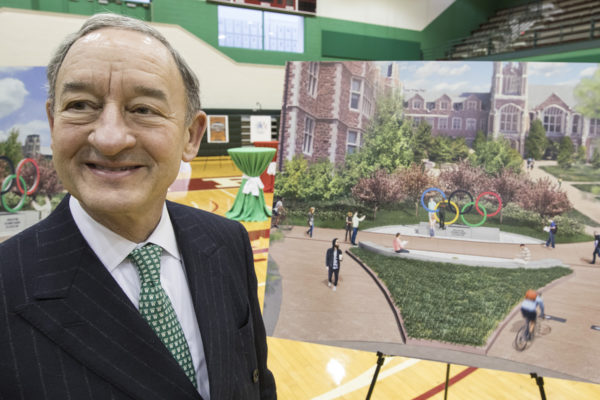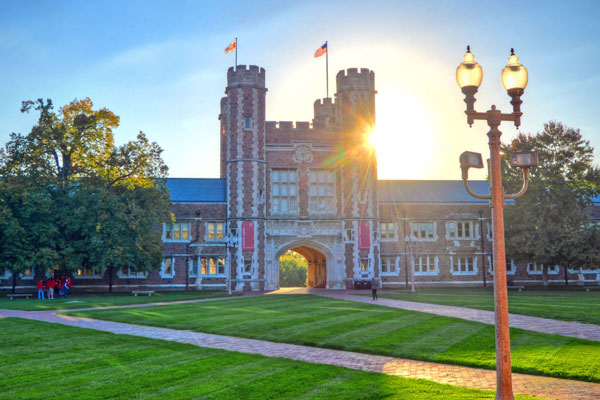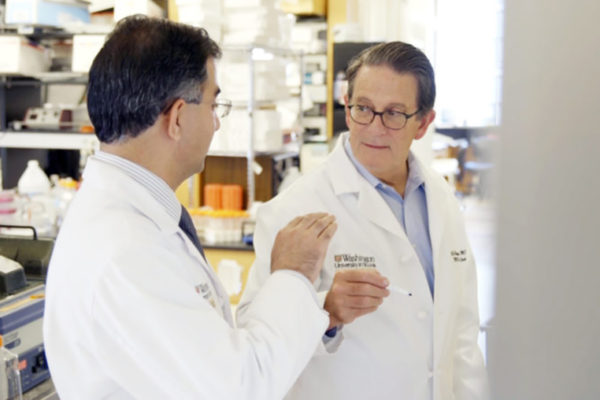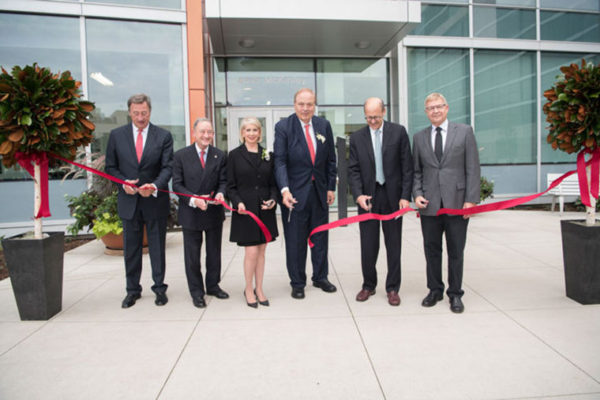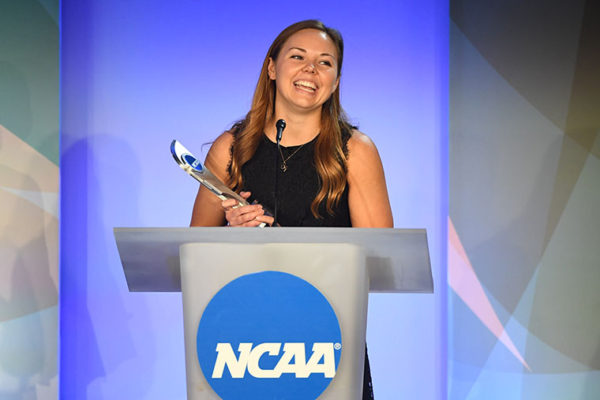New clues point to relief for chronic itching
Studying mice, School of Medicine researchers found that a drug can deliver itch relief by targeting particular opioid receptors on neurons in the spinal cord. The drug is being tested for its anti-itch effects in the U.S., but until now scientists haven’t understood how it works.
Who Knew WashU? 4.2.18
Question: Who was the first alumnus to become chancellor?
Benjamin Akande to lead Africa initiative at Washington University
With an eye toward strengthening and expanding Washington University’s efforts in Africa, Chancellor Mark S. Wrighton has appointed Benjamin Akande as senior adviser to the chancellor and director of the Africa initiative. Akande, a Nigerian-born American, has built a career on research, teaching and learning with a unique passion for a life-changing political economy across Africa.
Honoring St. Louis’ Olympic legacy
Washington University in St. Louis will add another architectural jewel to its historic campus later this year when an Olympic Rings “Spectacular,” a five-ring sculpture, is installed at the end of Olympian Way, on the southwest corner of the Danforth Campus.
WashU Crew: ‘Beyond the boat’
Meet the Washington University Crew team, a group of 40 men and women with an incredible work ethic and a determination that has them poised to break out on the national collegiate rowing scene. And it all starts at 5:30 a.m., on a lake 16 miles from campus, with the sun rising and morning calling.
Work continues on process to select the next chancellor
The process to select the next chancellor of Washington University in St. Louis is in full swing, with the final two members added to the search committee, Susan B. McCollum and Empress Sanders. Listening sessions are underway on the Danforth Campus, with sessions scheduled on the Medical Campus in January.
$6 million supports leukemia research
John F. DiPersio, MD, PhD, of Washington University School of Medicine in St. Louis, has received a $6 million outstanding investigator award from the National Cancer Institute (NCI) of the National Institutes of Health (NIH) to support research aimed at improving therapies for leukemia.
$10 million gift supports personalized medicine
The School of Medicine has received a $10 million commitment from longtime benefactors George and Debra Couch to support research that advances personalized medicine. In recognition of their generosity, the research building at 4515 McKinley Ave. has been named the Debra and George W. Couch III Biomedical Research Building.
Woman of the Year: Alum Crist picks up NCAA honor
Lizzy Crist, a May 2017 graduate of Washington University in St. Louis, was named 2017 NCAA Woman of the Year. She is the second student-athlete from Washington University to win the award, joining 2012 winner Elizabeth Phillips. She is also the fifth NCAA Division III student-athlete to claim the honor.
Washington People: Anthony J. Azama
Anthony J. Azama, the John M. Schael Director of Athletics at Washington University, has been on the job a little more than three months. But he’s already developed a rapport with the student athletes, and he has a clear vision where he wants to help them go.
View More Stories


